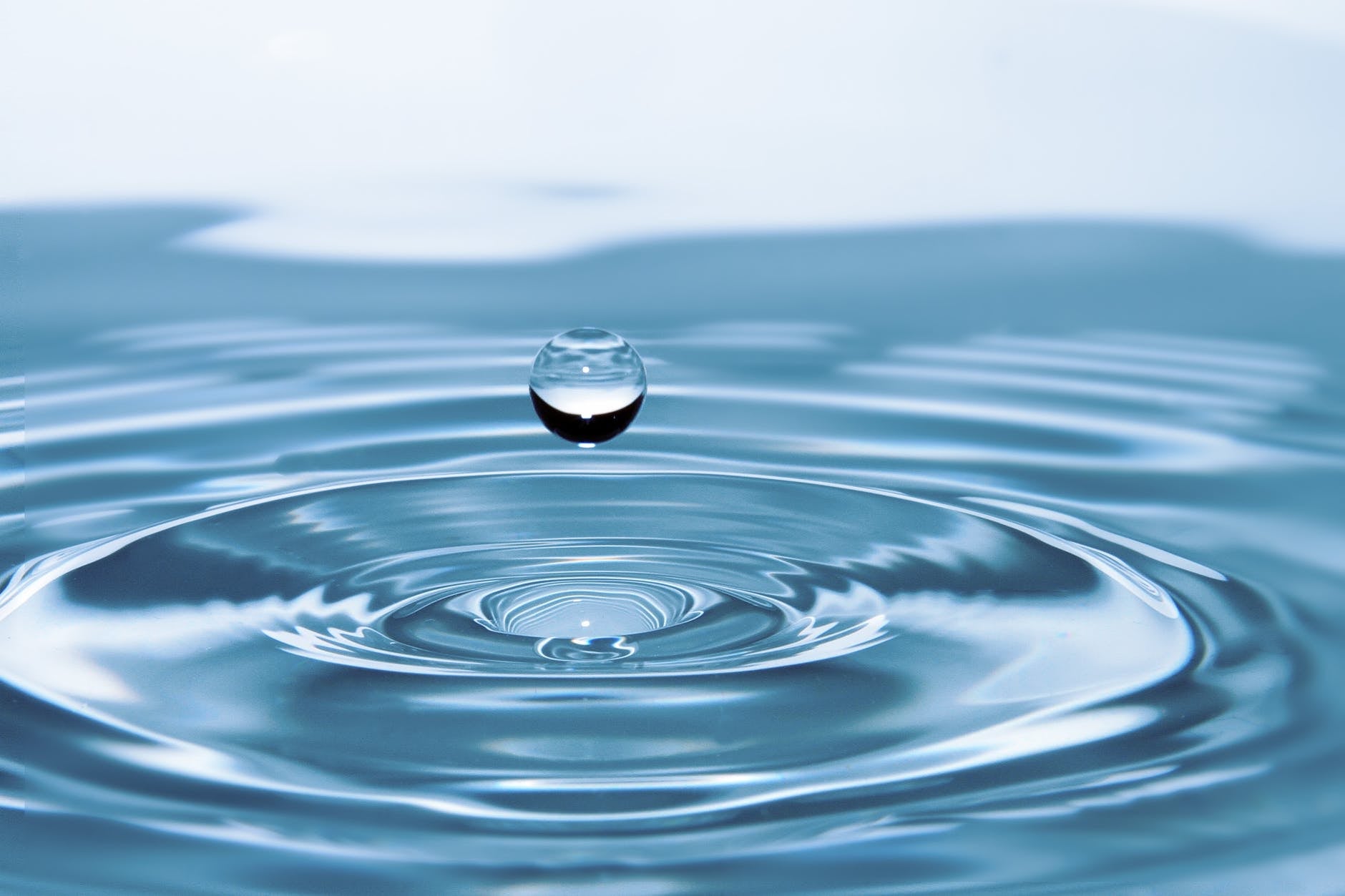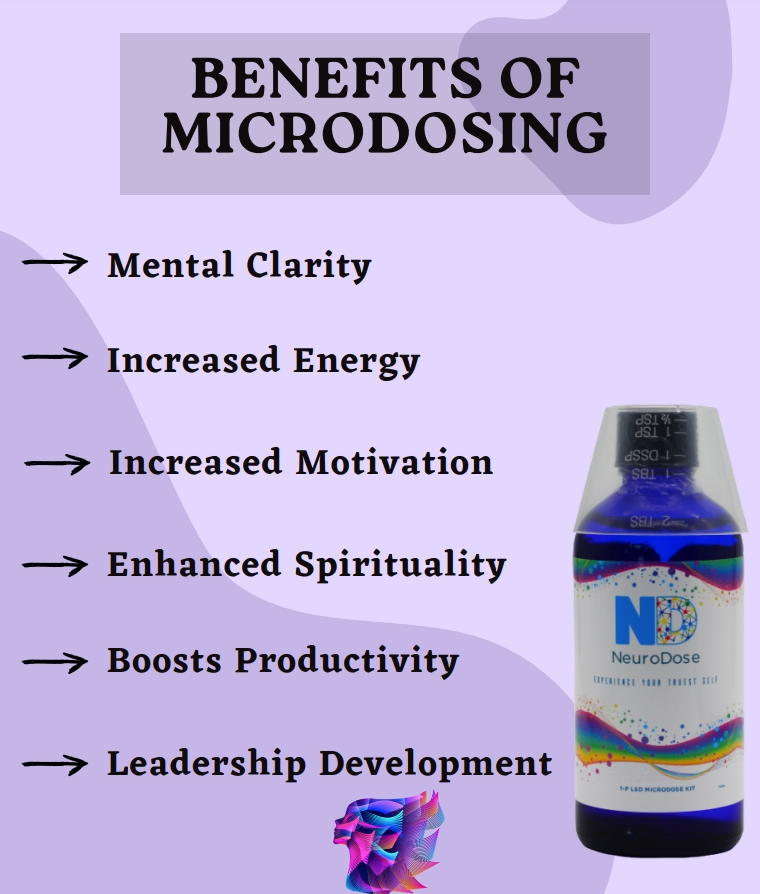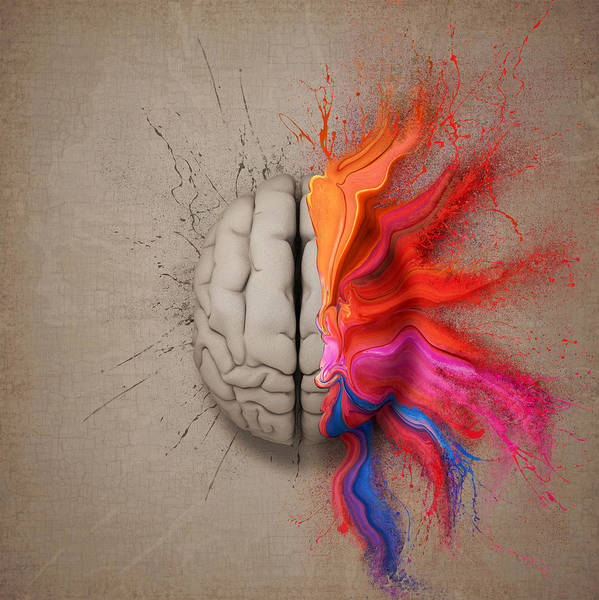Your cart is currently empty!
-
What is 1P-LSD?

What is 1P-LSD?
Chances are that over the years you have heard of LSD; more commonly known as acid, or scientifically known as lysergic acid diethylamide.
Regardless of which name you’ve heard, LSD is a well-known psychedelic substance that has been used over history for a variety of effects. LSD is most known for its ability to provide users with intensified thoughts, emotions, and sensory perception.
When taken in large quantities; users may experience visual and auditory hallucinations.
However, recent discoveries have shown that when LSD is taken in small quantities (known as a microdose), users benefit from increased energy, a boost in creativity, heightened spirituality, and improved relationships with others.
Dr. James Fadiman, who is known as the “father of microdosing” for his comprehensive research on microdosing, has spent the past decade collecting reports from microdosers and has analyzed the changes in their lives.
1P-LSD vs LSD
1P-LSD (also known as 1-propionyl-lysergic acid diethylamide), is a psychedelic substance that is subjectively similar to LSD.
When comparing the chemical makeup of 1P-LSD vs LSD we can see that the difference between the two is that 1P-LSD has a small propionyl group bonded to the 1-position of LSD’s indole ring.
However, when comparing these substances in regards to how they make users feel, we can see that they are practically identical.

In Canada, 1P-LSD is not mentioned within the Controlled Drugs and Substances Act, which means it is 100% legal to microdose within Canada.
If you reside in Canada, and are interested in experiencing microdosing 1P-LSD, we encourage you to book a one-on-one consultation with us or view our selection of microdosing kits, here!
-
A Day in the Life of a Microdoser

Today we’re going to take a sneak peek into the life of Andrew, a small business owner in his mid 20’s. Andrew runs a small-scale graphic design company and often spends a lot of his time in front of a computer screen.
While Andrew loved his job, he began feeling unmotivated and as a result, he found himself struggling with feelings of depression.
He knew it was ready for a change in his life, so he researched different remedies and treatments he can try in order to boost his energy and overall quality of life.
He then came across the notion of microdosing and it piqued his interest.
Let’s take a closer look at the various differences in his life before and after microdosing.
Morning Routine Before Microdosing
Andrew wakes up and immediately knows he is running late by the bright sunlight shining through his curtains. The time of his phone reflects that he overslept and it’s already 11:30 AM.
Thankfully, his workday starts at noon.
Andrew goes to bed every night with the intention of waking up early to get in a proper meal, a work-out, and a shower. Yet every morning he wakes up feeling exhausted and sluggish.
Andrew reaches for the coffee pot and sighs as he already knows it’s going to be a two cups of coffee kind of day.
He knows he needs to find a new way to stay motivated and energized throughout his day – but how?
Morning Routine After Microdosing
Andrew has been microdosing for three months now, he wakes up at 8:00 AM and starts his day with stretching and meditation.
He finds that he has more motivation than ever before and while he used to hate waking up early, he now enjoys having those hours before work to practise some self-care.
Andrew drinks his coffee while sitting outside in the sun. He spends this time planning his day to ensure he is productive.
While his old breakfast would be a cup of coffee with a greasy fast food meal, he now takes the time to put together a well-balanced meal.
Personal Life Before Microdosing
While Andrew participates in social activities once every few months, he often finds himself feeling too depressed or anxious to leave the house.
He finds that his social anxiety makes it hard for him to try new things or even reach out to others.
Andrew often turns down invitations to go out but then spends his evening regretting his decision.
He also finds it difficult to express his emotions and usually ends up pushing people away.
All of these factors lead Andrew to feel isolated, and even more depressed.
Personal Life After Microdosing
It’s 9:00 AM on a beautiful Saturday morning and Andrew is tying up his running shoes and getting ready for a hike with his friends.
After their hike, Andrew and his friends plan on attending a painting class. Andrew enjoys expressing himself creatively and finds it to be a nice outlet.
He smiles at himself as he realizes that 4 months ago he would have been too nervous to try a painting class as it would have been a new experience.
He loves spending time with people and finds himself content with the people in his life. Now that he microdoses, he finds it easier to communicate his feelings and thoughts.
Andrew loves trying new things and is excited at the thought of finding new hobbies to engage in.
Sleep Before Microdosing
It’s 2:00 AM, Andrew is still up watching Netflix.
He spent his night stressed out by work, and ended up ordering take-out instead of cooking a meal as he had planned.
He watches TV while slowly falling asleep but ends up waking up even more exhausted than before.
Sleep After Microdosing
It’s 6:00 PM.
Andrew has just finished making a well-balanced meal and is excited to fuel his body with a home-cooked meal.
He no longer craves fast food and always has the energy and motivation to cook healthy meals.
He is in bed by 9:00 PM and spends the last two hours of his night reading, writing, or meditating.
His sleep quality has increased substantially and he has no problem waking up early to get his day started.
Try Microdosing Today!Interested in trying out Microdosing for yourself?
You’re in luck!
To shop our Microdosing kits, click here!
-
Microdosing for Your Mental Health

According to research, 1 in 5 people in Canada will personally experience a mental health problem or illness. With mental health issues becoming increasingly more prevalent across the world – it is understandable that methods of treatment would also become more known and utilized. In fact, more than 20 million antidepressants were prescribed between October and December 2020.
Of course, individuals that are being prescribed antidepressants are hoping to relieve the symptoms of their mental health issues; however, research has shown that these powerful medications aren’t always helping the problem. Common side effects of antidepressants include:
- Problems with sexual performance
- Insomnia
- Blood clots
- Increased risk of internal bleeding
- Weight gain
- Suicidal thoughts or behaviour
- Addiction
- Inability to feel emotions
- High blood sugar levels
- Tachyphylaxis (sudden decrease in response to a drug)
With extreme and sometimes dangerous responses to antidepressants, people have started looking to alternative methods that may provide a shorter list of side effects.
Microdosing is the practice of taking small doses of various substances such as; Lysergic acid diethylamide (LSD), Psilocybin (“magic” mushrooms), Cannabis, etc. While there are limited scientific studies done on the effects microdosing can have, there are several anecdotal studies that prove how microdosing can have a positive impact on users’ overall health, especially when it comes to their mental health.

Increase in Creativity and Energy
Unfortunately, people who suffer from mental health issues often claim that they are no longer interested in activities and hobbies that previously brought them joy. This can be very unfortunate as the lack of interest can worsen a depressive state and make these individuals feel empty and hopeless.
A very common benefit of microdosing is that it provides a jolt of energy and an increase in creativity. This allows microdosers to regain interest in their hobbies and they may even feel inclined to try out new activities that they didn’t have the confidence or motivation to participate in before.
Strengthens Connections With Loved Ones
One of the most prominent symptoms of mental health issues is the desire to isolate ourselves and segregate from our loved ones. This is a common problem for many individuals and it often leads to severe depression. Spending time with our loved ones is essential as it provides us with feelings of security, happiness, and optimism. In fact, research shows that spending time with our loved ones actually stimulates oxytocin.
So, how does microdosing help? People who microdose often note that they feel a lot more social and notice a drastic difference in regards to their social anxiety. Microdosers also notice that they feel more content with the people around them and experience the ability to express their thoughts more naturally.
Boosts Your Motivation for Self-Care
Mental health issues can often make individuals feel a lack of compassion for themselves. They may no longer feel the need to take care of themselves or their health. This can be detrimental to their lives as it may lead to a sedentary lifestyle, substance abuse, and other toxic habits.
People who microdose often experience an increase in motivation and a substantial decrease in their desire for harmful substances and junk food. Many users also note that they no longer procrastinate tasks and they’re more proactive and dedicated to reaching goals in their professional and personal lives.
